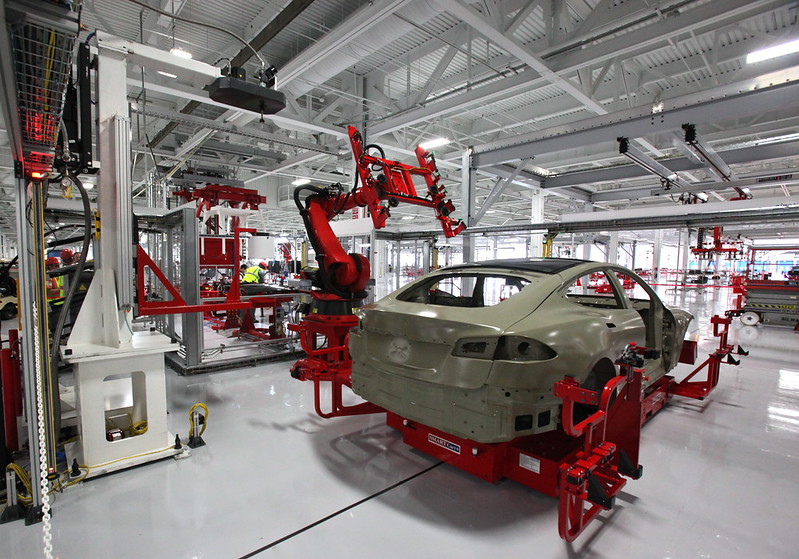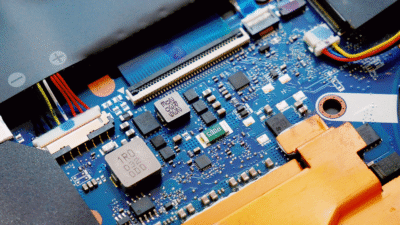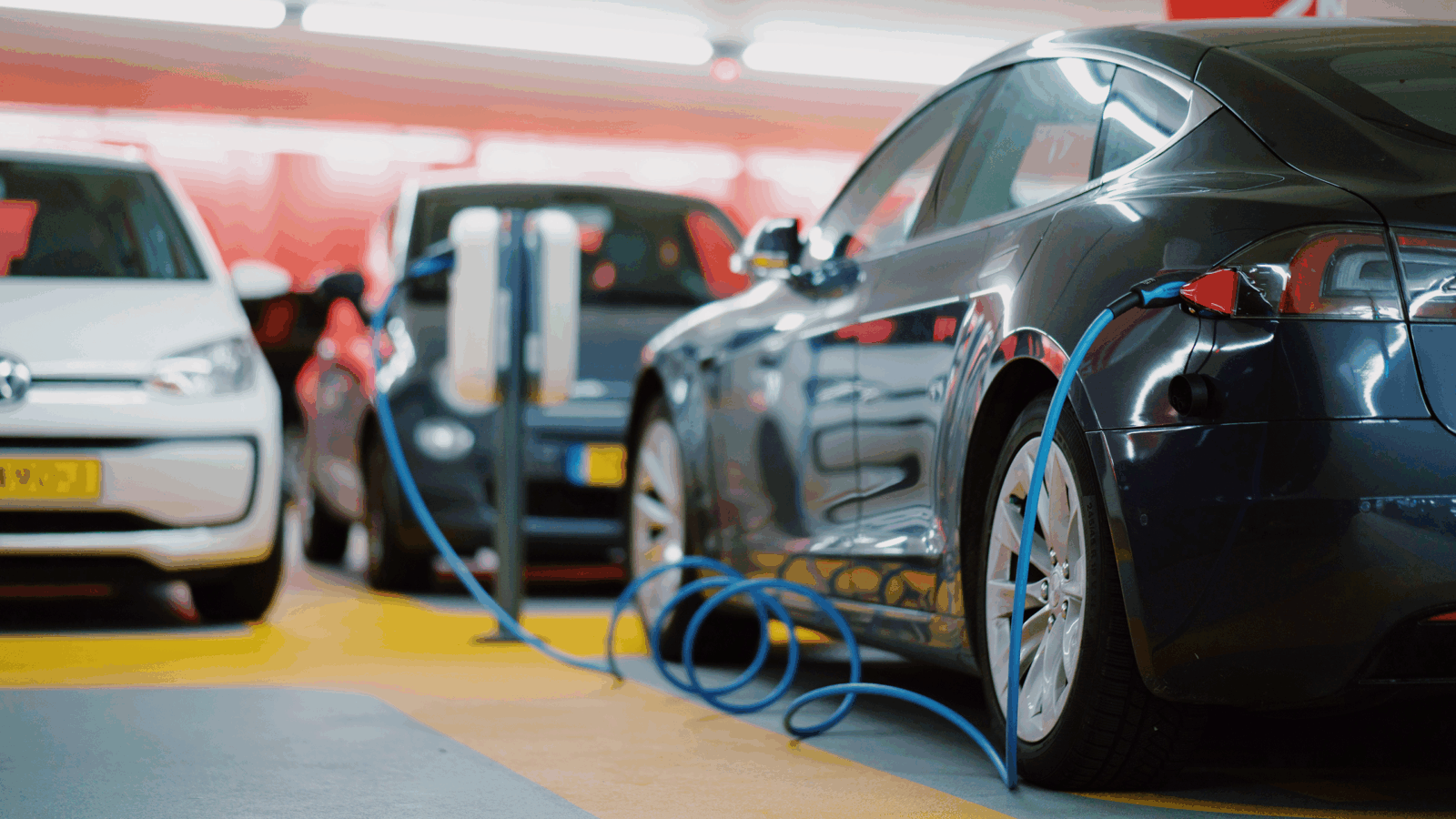Volvo Looks to Skirt Chinese EV Tariffs by Moving Production to Belgium
The EU has a 10% tariff on EVs imported from China, but it could soon increase to 25% or 30%.

Sign up for smart news, insights, and analysis on the biggest financial stories of the day.
Much like a morning cup of coffee, one carmaker might save a few bucks by making electric vehicles at home.
The European Union is likely to adopt higher tariffs on China-made EVs, and Volvo is reportedly moving some of its production out of China and into Belgium to avoid paying those duties as other companies scramble to navigate a ramped-up trade war.
Trade War Never Changes
In October, the European Commission opened an anti-subsidy investigation to protect the bloc from being flooded by affordable China-made EVs. Over the weekend, The Sunday Times reported that Sweden’s Volvo, which was bought by Chinese maker Geely in 2010, had considered halting sales of its China-made EVs bound for Europe if higher tariffs were introduced but will now produce those models in Europe. Volvo might also switch production locations for EVs intended for the UK, sources told the British newspaper.
The EU has a 10% tariff on EVs imported from China, but it could soon increase to 25% or 30%. However, China has been the world’s factory since the 1990s, so it’s not just Chinese companies bearing the brunt:
- Western companies like BMW and Tesla rely on their ability to make and import cars from China to the EU, so they’d be slapped with tariffs, too. Even with a 30% tariff weighing it down, BYD’s $10,000 Seagull model is still pretty affordable, but Volvo’s $43,000 EX30 vehicle is a teensy bit more exposed.
- Plus, China is likely to retaliate. Last month, Beijing hinted it would raise tariffs on large-engine cars imported from Europe to 25% if the EU followed through on higher duties. That’s not good for car companies seeking a worldwide footprint.
In May, BMW CEO Oliver Zipse told reporters “We don’t think that our industry needs protection,” adding that operating on a global basis gives major automakers an industrial advantage. “You can easily endanger that advantage by introducing import tariffs.”
Trade War: What is it Good For? As the EU-China trade conflict escalates, those in other sectors are already trying to decrease their dependencies on China. “Those types of companies in Europe are pushing hard to look for alternatives,” Richard Laub, chief executive of Belgium-based Dragon Sourcing, told the Financial Times. Many businesses have begun diversifying supply chains by sourcing from countries like India and Vietnam even at higher costs and longer processing times. Like Neil Sedaka said, breaking up is hard to do.











